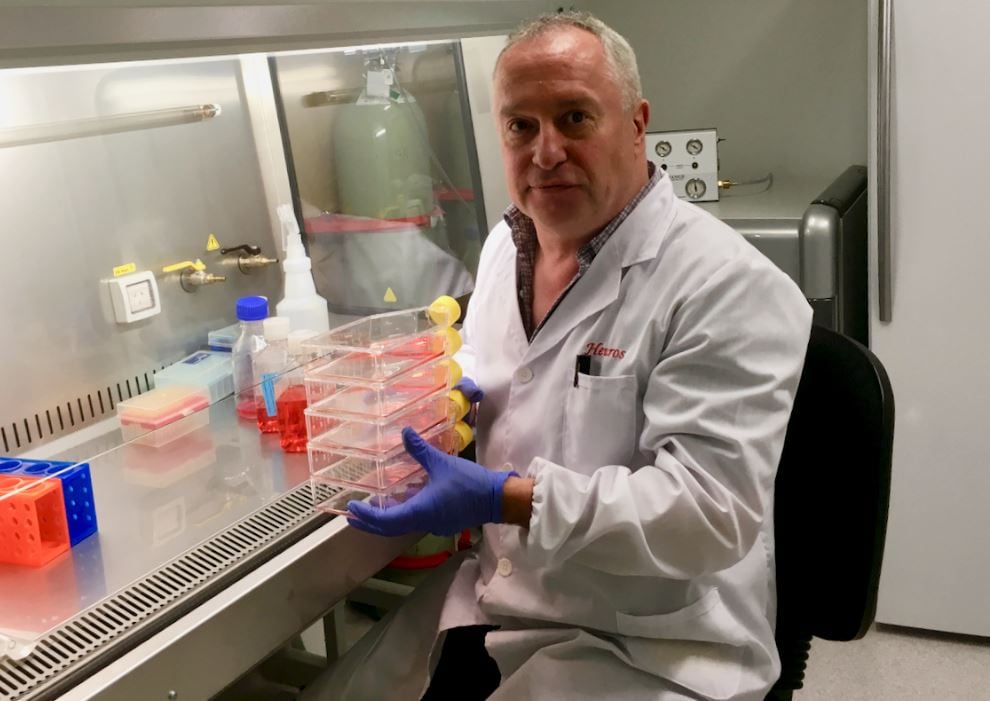Phuture Foods will start off with a pork substitute made from non-GMO soy, mungbean, shiitake mushroom stems and wheat. It will launch first in Singapore before heading east to China, which its founders believe will be its core market. Other meat alternatives are also on the cards.
The brand’s co-founders, Jack Yap and Jin Yin Lim, who are both vegetarian, say their motivation for launching plant-based pork was environmental. With pressure from a growing global population and limited land resources for the world’s most popular protein, they believe it will be unsustainable to continue producing pork at ever increasing levels.
“Each Chinese person consumes more than 50kg of pork annually. If you look at the numbers, it’s crazy. We want to become the solution to the problem,” said Yap.
“We are looking for more and more food scientists—as many as possible, in fact. We want food scientists who really believe in our vision and who really want to contribute strongly in the meat-alternatives industry,” he added.
Like Omnipork, the blend of plant protein from pea, non-GMO soy, shiitake mushroom and rice that has established a firm foundation in its native Hong Kong and is readying for release in China, Phuture will only sell its initial minced pork through foodservice channels. It has been working with chefs in Singapore to incorporate it into their menus ahead of launch.
Twenty-eight-year-old Yap, who has worked in the food industry for the last seven years as a restaurant owner and distributor of healthy foods in Malaysia, began taking an interest in plant-based proteins two years ago and has since been teaching himself about it intensively.
"I realised that this is one of the major opportunities to really bring plant-based foods to the next level. I immediately dived deep into this category to learn about this industry and also the technology required,” he said, adding that once he formed Phuture Foods with Jin, they realised they decided to enlist the help of industry experts.
“We undertook a very long process of finding the right talent to lead our R&D team. We ended up finding one of the best talents in Malaysia, who was very experienced in the processed meat industry.”
Now they need more, said Jin, who believes that the company’s home region can provide a recruitment pipeline for the VC-backed start-up.
“We are looking at bringing more talent into the company as we look to introduce more and more meat alternatives,” he said.
“We believe there is a lot of talent in Southeast Asia—not only in the West. But they need a platform from which they can perform. We believe we can provide that platform for more and more talent to join our journey.”




